Globalisation....can it be possible in today's world?
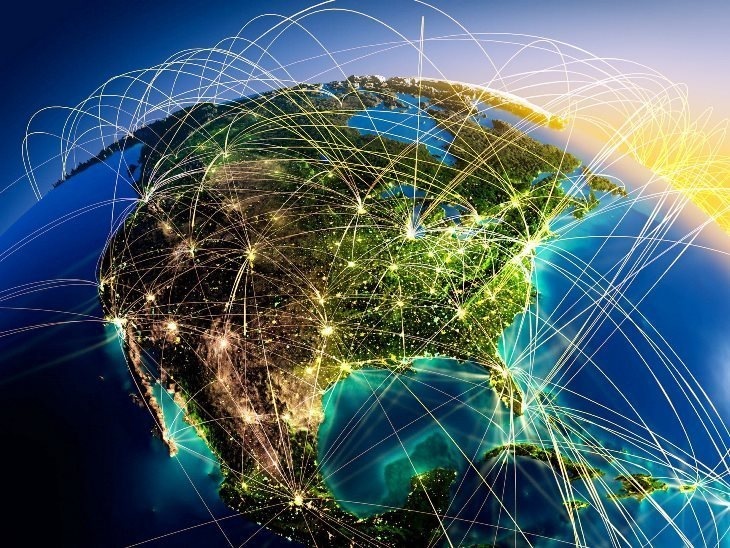
The age of globalisation began on the day the Berlin Wall came down. From that moment in 1989, the trends evident in the late 1970s and throughout the 1980s accelerated: the free movement of capital, people and goods; trickle-down economics; a much diminished role for nation states; and a belief that market forces, now unleashed, were unstoppable.
There has been pushback against globalisation over the years. The violent protests seen in Seattle during the World Trade Organisation meeting in December 1999 were the first sign that not everyone saw the move towards untrammelled freedom in a positive light. One conclusion from the 9/11 attacks on New York and Washington in September 2001 was that it was not only trade and financial markets that had gone global. The collapse of the investment bank Lehmann Brothers seven years later paid to the idea that the best thing governments could do when confronted with the power of global capital was to get out of the way and let the banks supervise themselves.
Now we have Britain’s rejection of the EU. This was more than a protest against the career opportunities that never knock and the affordable homes that never get built. It was a protest against the economic model that has been in place for the past three decades.
Extraordinary times are leading to extraordinary challenges. Linda Yueh, Fellow in Economics, Oxford University addresses these geopolitical challenges and demographic changes and how it will affect global economics and the asset management industry.
Modern humans have created many thousands of distinct cultures. So what will it mean if globalisation turns us into one giant, homogenous world culture?
The importance of the tribe in our evolutionary history has meant that natural selection has favoured in us a suite of psychological dispositions for making our cultures work and for defending them against competitors. These traits include cooperation, seeking affiliations, a predilection to coordinating our activities, and tendencies to trade and exchange goods and services. Thus, we have taken cooperation and sociality beyond the good relations among family members that dominate the rest of the animal kingdom, to making cooperation work among wider groups of people.
And so in a surprising turn, the very psychology that allows us to form and cooperate in small tribal groups, makes it possible for us to form into the larger social groupings of the modern world. Thus, early in our history most of us lived in small bands of maybe 50 to 200 people. At some point tribes formed that were essentially coalitions or bands of bands. Collections of tribes later formed into chiefdoms in which for the first time in our history a single ruler emerged.
But two factors looming on the horizon are likely to slow the rate at which cultural unification will happen.
One is resources, the other is demography. Cooperation has worked throughout history because large collections of people have been able to use resources more effectively and provide greater prosperity and protection than smaller groups. But that could change as resources become scarce.
This must be one of the most pressing social questions we can ask because if people begin to think they have reached what we might call ‘peak standard of living’ then they will naturally become more self-interested as the returns from cooperation begin to leak away. After all, why cooperate when there are no spoils to divide?
If we try to draw some conclusions from the ‘why’ we can see high levels of global employment and any form of prosperity will elude us and big reductions of poverty in the emerging world will not happen quickly enough.
Obviously, it is important to base these conclusions on where people are located and their individual views about the economies in which they live: how they see the problem, how they see their future, and whether the ambitions of different countries’ citizens can be advanced by stronger, more coordinated action around the world.
If you were to ask Americans what America has to do now to sort out its economy, some would say ‘cut deficits’; many would say ‘cut taxes’; but most would say ‘cut the foreign imports that are stealing our jobs’.
If you were to ask Europeans what their answer is, they would probably say ‘cut the debt’; and some might even complain about the very viability of the Euro and Brexit.
If you asked the Chinese what their solution was for their best future, they would probably answer that they are a developing country so other countries should stop threatening them with protectionism and complaining about their currency.
If you asked the developing world, they would call for an end to unfair trading practices that ruin their basic ability to export and say that aid is unfairly being cut or withheld.
If I asked the question a different way, asking the citizens ‘what do you really want to achieve as a country? I am sure that the answer would be very different.
In America people would say the main issue for them is jobs and rising living standards for the working middle class.
In the countries of the European Union people would say that Europe needs to get its young people into work and cut its high levels of unemployment.
In China people would say they want to see more personal prosperity and that means cutting the numbers of poor people and giving the rising middle class the opportunity to buy homes and access opportunities.
In many developing countries, people would tell you the problem was poverty.
Yet in the absence of a bigger vision of what can be achieved, the politics of each country inevitably pulls towards the narrow tasks and not the broad objectives.
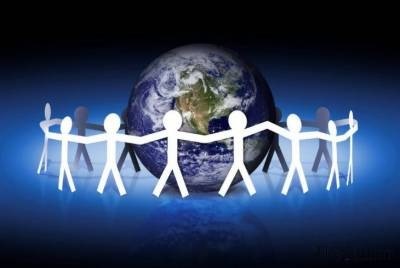
So how can this wider debate contribute to global growth and collaboration?
Bradford DeLong once wrote: ‘History teaches us that when none of the three clear and present dangers that justify retrenchment and austerity – interest rate crowding-out, rising inflationary pressures on consumer prices, national overleverage via borrowing in foreign currencies – are present, you should not retrench’.
Yet in the absence of seeing a different and global route to greater prosperity, each country is trying, post-crisis, to return to its old ways. However, the security people crave will come not from countries clinging to an old world, but from reinventing themselves for our new interdependent world: Asia reducing poverty and building their new middle class; America and Europe exporting high-value-added goods by building a more skilled middle class; all undertaking structural reforms but in a growing economy.
This is the answer to those who travel today not with optimism but in fear. But there is no old world to return to: it has gone. The transition between epochs is always the moment of maximum danger. It is also the moment of maximum opportunity.
Final thought: against this backdrop the seemingly unstoppable and ever accelerating cultural homogenization around the world brought about by travel, the internet and social networking, although often decried, is probably a good thing even if it means the loss of cultural diversity: it increases our sense of togetherness via the sense of a shared culture. In fact, breaking down of cultural barriers – unfashionable as this can sound – is probably one of the few things that societies can do to increase harmony among ever more heterogeneous peoples.
So, to my mind, there is little doubt that the next century is going to be a time of great uncertainty and upheaval as resources, money and space become ever more scarce. It is going to be a bumpy road with many setbacks and conflicts. But if there was ever a species that could tackle these challenges it is our own.
It might be surprising, but our genes, in the form of our capacity for culture, have created in us a machine capable of greater cooperation, inventiveness and common good than any other on Earth.
And, of course it means you can always find a cappuccino just the way you like it no matter where we wake up.
As Herbie Hancock once said:
“Globalization means we have to re-examine some of our ideas, and look at ideas from other countries, from other cultures, and open ourselves to them. And that’s not comfortable for the average person.”
Articles from Geoff Hudson-Searle
View blog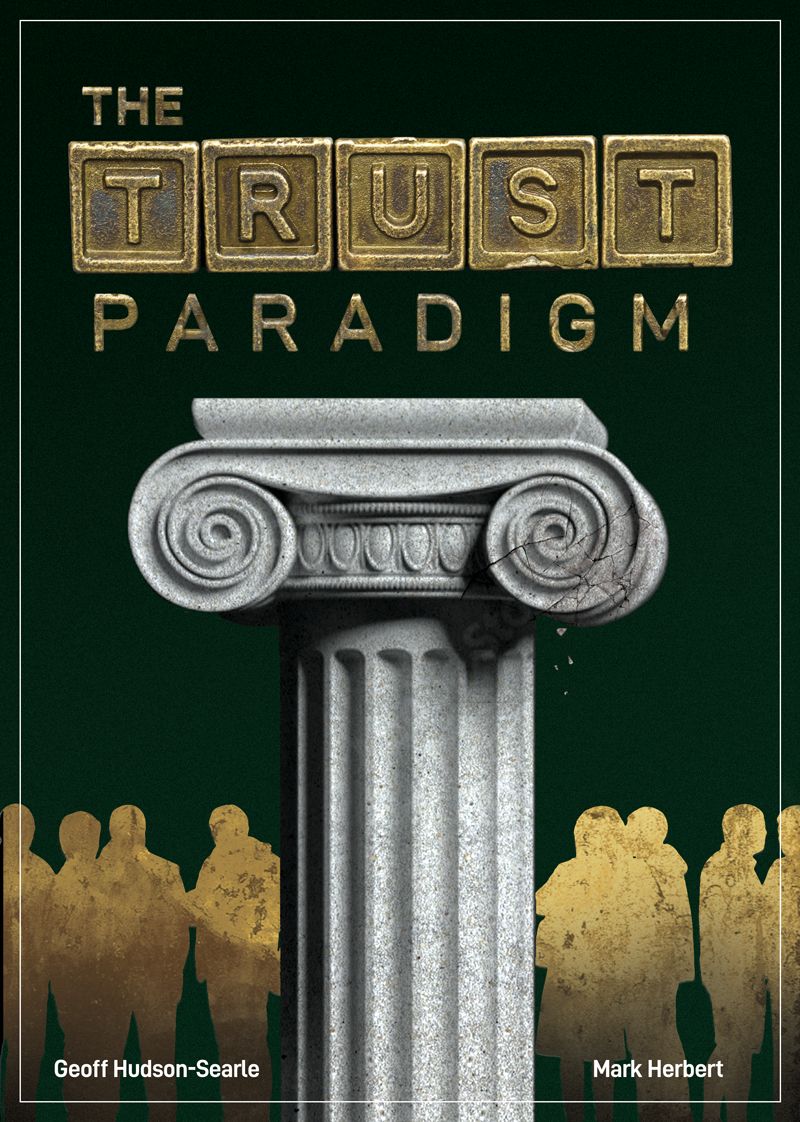
https://www.youtube.com/watch?v=QARm4UQqcLM · The first interview for ‘The Trust Paradigm Book’, Geo ...
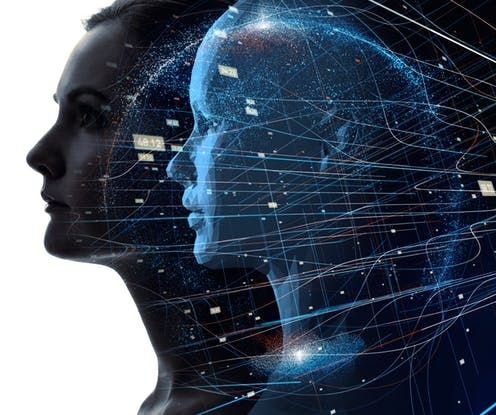
It seems like every day there is a new article or story about artificial intelligence (AI). AI is go ...
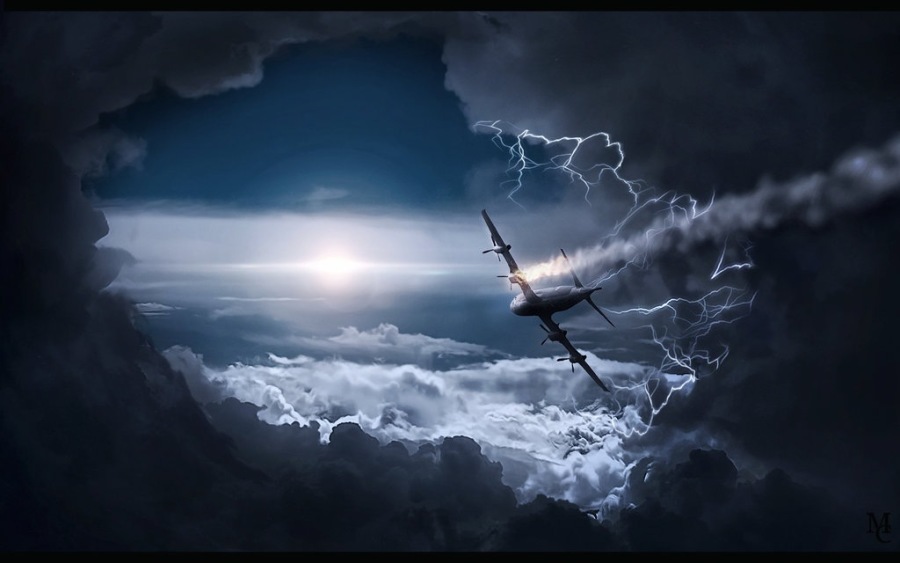
Change is inevitable. · More and more organisations today face a dynamic and changing environment. T ...
Related professionals
You may be interested in these jobs
-
Relief Bank
Found in: Talent UK C2 - 1 week ago
Llamau Ltd Rhyl, United Kingdom PermanentPeople work for Llamau because they want to make a difference, Relief is a great way of finding out if you have what it takes to make that difference. Llamau is expanding & has a large & varied workforce with plenty of opportunities for career development, with many cutting their ...
-
Engineer - Controls Engineering
Found in: Jooble UK O C2 - 5 days ago
THE CHANNEL RECRUITER LTD Lutterworth, Leicestershire, United KingdomJOB TITLE: Maintenance Engineer SALARY: £45,000 - £50,000 DOE · Panama Shift (06:00–18:00 – 14:30–02:30) – Site working · Want to join a fantastic team at one of the UK's top online retailers We are currently seeking a Maintenance Engineer for the Lutterworth distribution centr ...
-

Sales Manager
Found in: beBee Professionals UK - 3 days ago
Direct apply
beBee Professionals England, United Kingdom Full timeResponsibilities: · - Lead and motivate sales team to achieve revenue targets. · - Develop sales strategies and plans to drive business growth. · - Identify new business opportunities and markets. · - Build and maintain relationships with key clients. · - Analyze sales data and p ...

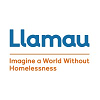

Comments
Jerry Fletcher
4 years ago #9
Ali Anani
4 years ago #8
I am in complete agreement with you. In particular, I agree with you "When we introduce "risk", a shared goal then our differences are focused on the same goal, diversity". Yes, and I have the opinion that humans lack a common goal. This is evidenced in your example about the consumers' expectation and how businesses react to them. "Milking" the customer is an attitude that greed for money brings.
Harvey Lloyd
4 years ago #7
Differences or diversity. I would imagine that our belief systems is what determines whether our differences are diversity or not. Philosophically we can learn from each others difference with no risk to the unique opinions. When we introduce "risk", a shared goal then our differences are focused on the same goal, diversity. The shared goal can unite differences. But there are outcomes where differences would hold the key to failure or success. A consumer expects a level of quality they have experienced with your product or service. We can overcome price increases to the end product by raising the price or lowering quality. Certainly there are business concerns, but the point here is one wants to reduce quality and allow the consumer to suffer the consequence. The other holds the consumer expectations as sacred and wants to raise the price. How either sees the consumer as a real person or a demographic is derived from the belief system. This is where tension within the differences show up economically.
Ali Anani
4 years ago #6
Great points my friend and yes, religion falls within our belief systems. I am reading your comment and a=I ask myself "do we humans believe in the value of differences"? We shall differences even among family members. It is how we settle these differences and how we think about them. Can we accept differences? Or, can we tolerate them? There are differences in skin color that led to wars. There are religious differences even among Christians that led to war. There are even language differences such as in American and English spelling. There are many more emerging differences. Either we view differences as the spice of life, or we could use them to bring ourselves a social status. The Arab poet wrote "they score me for I am black and they forget that without the blackness of night the dawn would never appear". The mindset my friend and attitudes are the real differences.
Harvey Lloyd
4 years ago #5
The "Forced Choice" brings us to to free will which is a much deeper conversation. I would add though, that it is also the version of the book followed presented by the parents. ALthough i read the same book as others they interpret things much differently than i do. So extremists are born naturally according to environments the book is applied. More importantly i would like to believe that young people offered a start in life realize that religion offers a way to sort out our differences. It seems though that through identity politics we have thrown the baby out with the bath water here. So we are left without the means to build bridges as no solid ground of culture exists. So we attempt to settle differences through economics. A very shallow and confined way to address origin and destiny issues. For clarity i use the word religion in the context of belief systems. Your current Thief post is pointing towards a belief of how theft is challenging and needs addressing. I would venture to say that one of your axioms is that theft at any level does not belong in a sustainable society. This would be a plank in your belief system. These planks and many more are addressed inside religious communities. These planks are offered to us via wisdom of our ancestors. Great discussion as always. I appreciate your bravery in discourse along these lines.
Ali Anani
4 years ago #4
Very true- religion is a "forced choice", if I may add the word forced. I say forced because very few people change religion which they acquired from their parents. So, I wonder to what degree religion is a choice. As for culture I am in complete agreement with you. There is room for us to create "climate of sustainability".
Harvey Lloyd
4 years ago #3
I agree. It appears that the extremes tend to set the discourse as we move forward. More importantly i sense that economic concerns trump cultural needs. This seems to be setting the agenda for reconciliation of cultural differences. This may be profitable to the bottom line but will never satisfy the need of humanity. Within our new world of identity politics it seems we want to attach tragedy to the religion of the culture. Religion is a choice, being human is a requirement of a sustainable society. I may identify with a religion, but the social culture i live, i have responsibility in creating a climate of sustainability. These are two very distinctive paradigms. Neither should trample the other. One would hope, each would support the other. Very challenging conversation.
Ali Anani
4 years ago #2
I agree with your comment @Harvey Lloyd. The cultural struggle shows big gaps between cultures still exist. It is easier to inflame differences than finding ways to turn them into great potential. Differences create opportunities, but people tend to see cultural differences as points of departure. WE need creative mind who look into the future with creative minds. Chaos is easier than order and the chaos of differences is easier than the order of building bridges between them. I agree with you also that Geoff Hudson-Searle has written on a topic that needs our firm attention. Thanks to you both gentlemen.
Harvey Lloyd
4 years ago #1